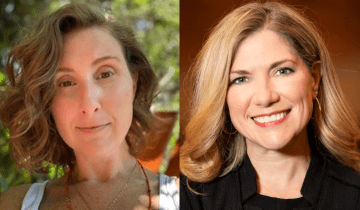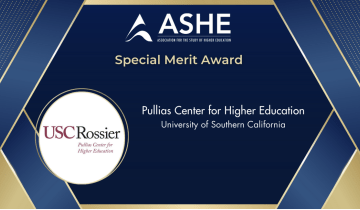The University of Southern California has received a nearly $1 million Lyle Spencer Research Award to study youth critical digital literacy skills related to race.
Tynes, an associate professor of education at USC Rossier, will lead the project, in collaboration with Joseph Kahne (UC Riverside), Devin English (Rutgers), Safiya Noble (UCLA) and fellow USC faculty Alison Trope.
Tynes is one of the country's foremost researchers on issues related to race and bullying in online spaces, and will extend that work with the assistance of the new award, which totals $934,221. The project will include a national study of exposure to messages about race, including from bots and misinformation.
"Digital literacy education in the U.S. does not adequately prepare youth for the barrage of race-related material they encounter online," Tynes said. "This project will help us gauge the specific needs youth have at each developmental stage so that we can design curricula more in step with a post-2020 digital landscape."
The Lyle award will help Tynes and associates answer the following questions:
- Can youth adequately critique the negative race-related messages they receive online?
- What factors might allow them to better evaluate and counter these messages?
- Could these skills potentially buffer them against negative mental health, behavioral, and academic outcomes?
Previous research by Tynes and others has demonstrated the deleterious effects that racialized messages can have on students of color. A June 2019 study, for instance, found increased symptoms of post-traumatic stress in Black and Hispanic students who viewed videos of police and government violence against same-race individuals.
And there are major political consequences to Tynes' work: In May 2019, U.S. intelligence documents showed that Russian agents have had ambitious plans to stoke racial discord and resentment online ahead of U.S. elections.
"We have a foreign power engaged in an information war with conservatives and Black Americans, trying to exploit already widening racial divides," Tynes said. "The stakes couldn't be higher."





